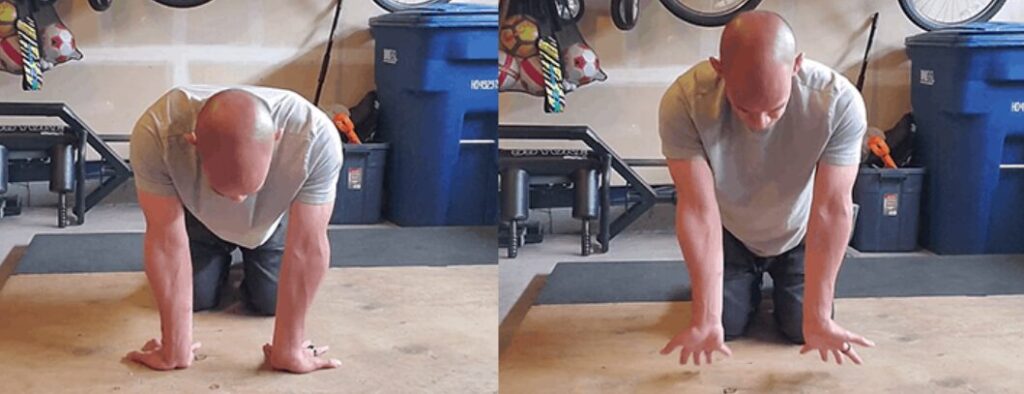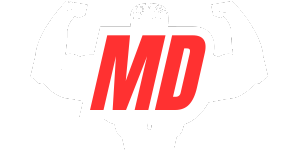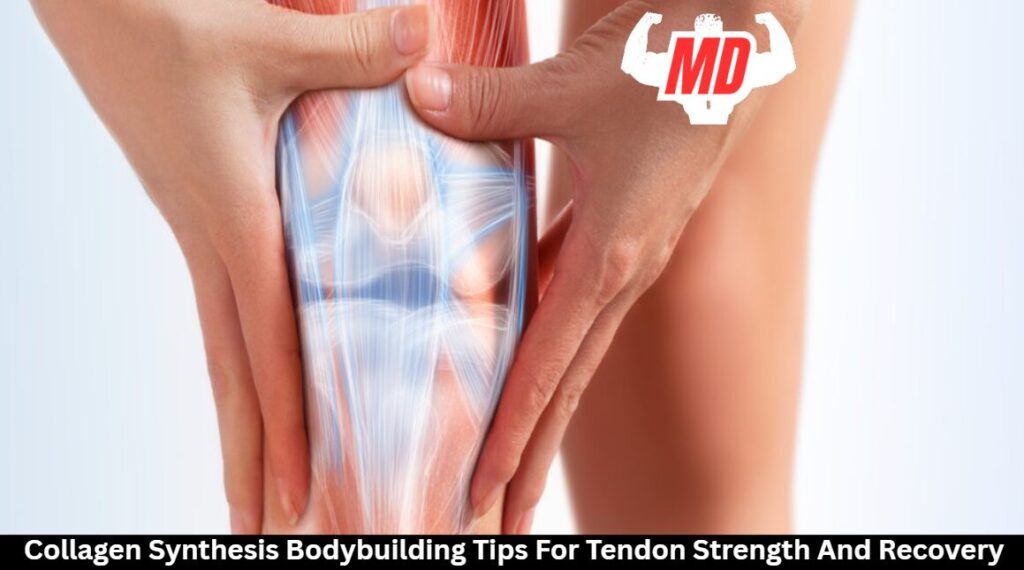Take 15–20g of collagen peptides and 50mg of vitamin C 30–60 minutes before working out to make your tendons stronger while bodybuilding. Add eccentric training with 3–5 second negatives, and wait 48–72 hours between workouts that use the same movement patterns. Put sleep and contrast therapy at the top of your list to speed up recovery.
Keep in mind that tendons get stronger at a third of the rate of muscles, so give them time to adjust. The science behind these strategies shows how strategic supplementation and training really change how strong connective tissue is.
The Science of Resistance Training for Collagen and Tendon Strength
People love to talk about muscle growth in bodybuilding, but your connective tissues and tendons play an equally critical role in strength and injury prevention. Collagen forms the backbone of these structures, and unlike muscle fibers, it adapts to training on its own timeframe and under different physiological demands.
Tendons adapt more slowly than muscles do, using special loading patterns. Muscles make proteins quickly. Smart resistance training that uses different speeds and controlled stress levels boosts collagen production without making recovery too hard. This balance is important for avoiding injuries because tendons get stronger about one-third as fast as muscles do.
You should choose exercises and progressive overload strategies that specifically target collagen synthesis and take into account the fact that connective tissue takes longer to adapt.

Lifters’ Nutritional Strategies to Boost Collagen Production
Muscle protein is usually the main topic of conversation in bodybuilding circles, but your connective tissue needs special food to stay strong during intense training. Taking collagen supplements 30 to 60 minutes before working out is the best way to speed up your tendon recovery.
To get the best results, take these supplements with vitamin C, which is an important part of making collagen. Taking 50mg of vitamin C with 15–20g of collagen peptides can greatly speed up the rate of synthesis. Glycine, proline, and lysine are some of the essential amino acids that make up collagen structures.
Plan your meals around when you want to make collagen. Eating protein-rich foods with these nutrients before working out gives your body the building blocks it needs when blood flow to tendons increases, which helps them heal faster.

Training Plans That Make Tendons Healthier While Getting Stronger
Unlike traditional bodybuilding programs that only focus on muscle hypertrophy, effective training programs must also build tendon strength at the same time to create a balanced body that can handle progressively heavier loads. Your tendons change more slowly than your muscles, so you need to pay special attention to them when you work out.
Use 3–5 second negatives on compound lifts to add eccentric training, which is the lowering phase of movements. It will help your body make more collagen. Plan your workouts so that they include specific microcycles that focus on your tendons and use moderate weights (65–75% of your 1RM) and higher repetitions (12–15).
To get the most out of your recovery protocols, wait 48 to 72 hours between training similar movement patterns. This time to wait lets your connective tissues heal and get stronger, which stops the injuries that happen when you lift too much weight too often, which often stops ambitious lifters from making progress.

Recovery Techniques to Optimize Connective Tissue Repair Between Workouts
Your recovery plan needs to focus on collagen production between workouts because connective tissue heals much more slowly than muscle fibers. Make sure to get enough sleep because growth hormone levels are highest during deep sleep, which speeds up the healing of tissues.
Use strategic contrast therapy by switching between hot and cold treatments to improve blood flow to ligaments and tendons without causing inflammation. On days off, do gentle movements like swimming or yoga to keep your joints healthy. These activities keep nutrients flowing to connective tissue without putting too much stress on it.
Don’t underestimate massage techniques that focus on fascia and muscle attachments. They can speed up recovery by breaking up adhesions and improving blood flow to damaged areas. This in-depth method makes it possible for your body to rebuild its structural foundation quickly and easily.
Evidence-Based Approaches for Tendon Resilience
The next step in your tendon strengthening plan is strategic supplementation, which builds on the right ways to recover. To get the most out of collagen synthesis, take up to 20 grams of collagen peptides with hydroxyproline about 30 to 60 minutes before working out. It is the best time for collagen synthesis in tendons that are under stress.
You should take vitamin C (200–250mg) along with collagen because it is necessary for hydroxylation reactions that help make collagen. Your loading strategies should take this biochemical window into account. Do targeted tendon work after supplementation, when synthesis rates are at their highest. Copper, glycine, and proline also help the structure of the collagen matrix.
Keep in mind that the effectiveness of supplements depends on how consistently and well they are used with the right training stimulus. Daily intake sets the baseline support, and timing before a workout helps the body adapt to mechanical loading better.
Frequently Asked Questions
Can my genes stop my body from making enough collagen?
Your genes do affect how much collagen you can make, but they don’t control you. You will still get the most out of your collagen-producing potential if you eat well, take the right supplements, and train in the right way.
What specific effects does aging have on bodybuilders’ collagen production?
After age 30, your body makes 1–2% less collagen each year. It makes your tendons less flexible and slows down your recovery time. During hard workouts, you might notice that your joints don’t move as easily, your injuries take longer to heal, and you might get more injuries.
Are hormonal changes in men and women different when it comes to making collagen?
Hormonal changes influence collagen production differently in men and women. You’ll see that estrogen helps women make collagen, while testosterone helps men build muscle but doesn’t have as much of an effect on collagen.
Can chronic inflammation from other diseases make it harder for tendon collagen to heal?
Yes, chronic inflammation from conditions like arthritis or autoimmune diseases can greatly impair your tendon collagen repair, as inflammatory cytokines disrupt normal healing processes and can lead to degradation rather than rebuilding of tissue.
Are some types of collagen better for certain joints than others?
Type I collagen helps tendons and ligaments, while type II collagen helps cartilage in your joints. For your knees and spine, you’ll want type II, and for your shoulders and elbows, you’ll want type I.



